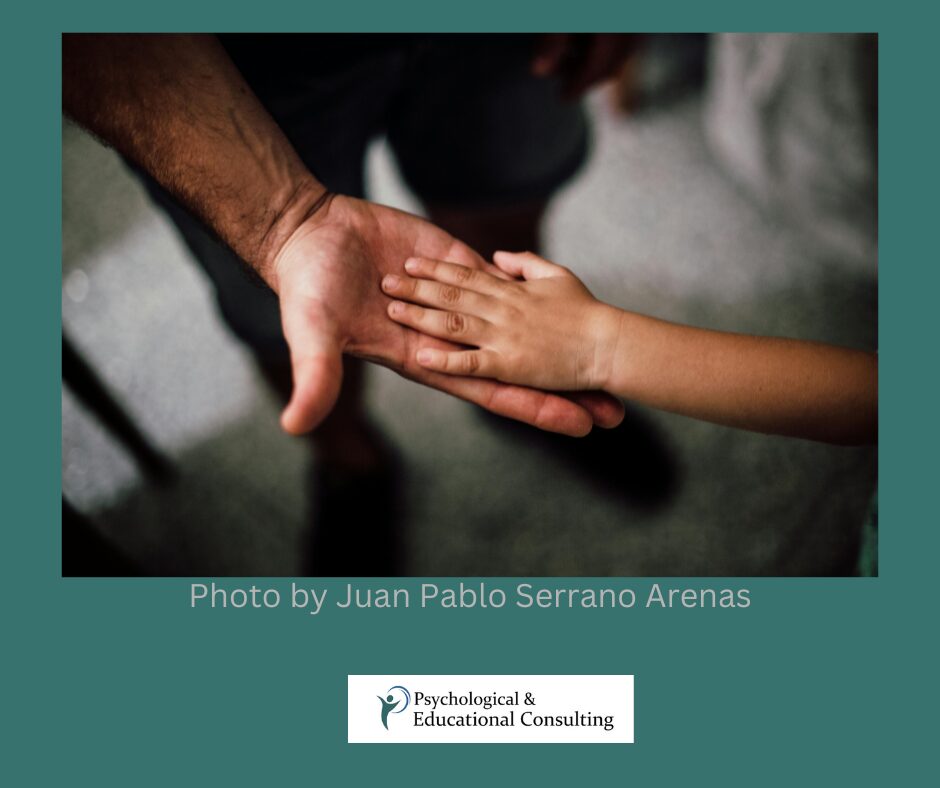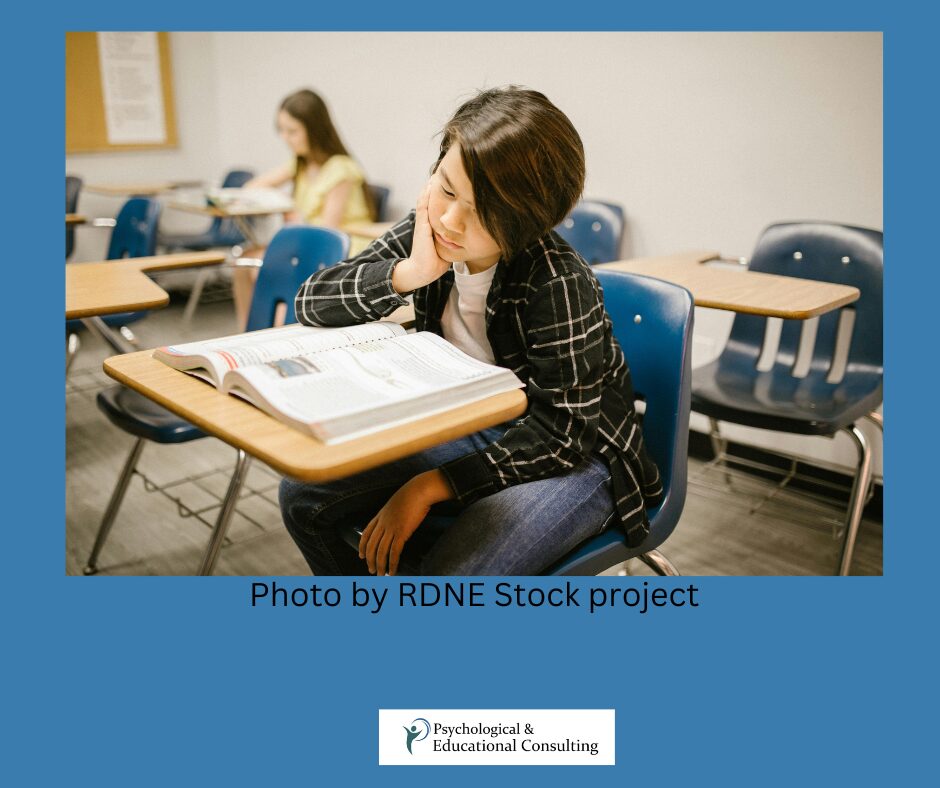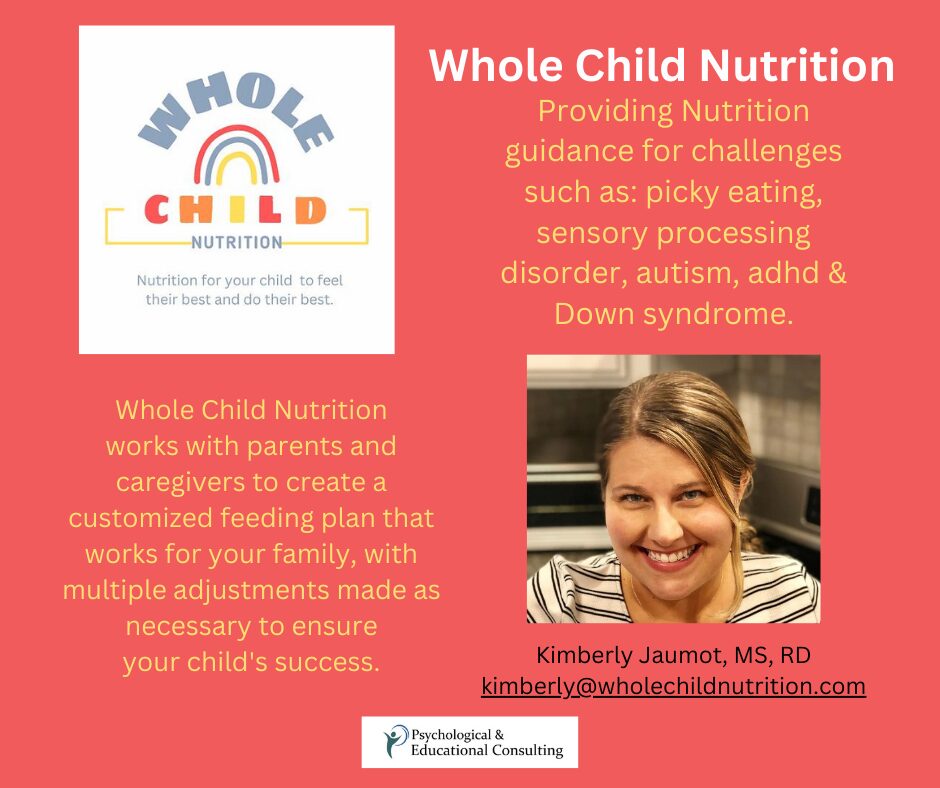3 Tips for Raising Teens with Special Needs
written by Dr. Liz Nissim-Matheis, posted on Psychology Today
Raising teens is hard. This is the point in time when hormones run high, logic is often low, and eye-rolling is real. Raising a teen with special needs means that you are parenting with your child’s specific needs and parenting in a way that helps them to build their sense of self and sense of self-confidence as a person. Adolescence is a time of immense physical and emotional growth, and wanting independence, and a teen with special needs is no different. Sometimes, the timing may be different, but the process is the same.
Your Teen May Be Ready Before You Are
Your teen may be asking you to acknowledge him or her as an adolescent, but you haven’t progressed to that phase yet in your own mind. Many times, this comes from our own anxiety about what we think our teen can handle and how we don’t want them to be disappointed or embarrassed by their struggles. As parents, our natural instinct is to protect our child; it’s okay for your child to feel frustrated or disappointed. This is what builds grit and resilience.
Close your eyes and think about the image you have of your child – do you still see your cute little boy running around with his Thomas the Tank Engine tucked under his arm? If so, take a good hard look at your teenager, close your eyes, and imprint that image in your mind’s eye. Next time you think about your young man or woman’s capabilities, make sure you are looking at the latter image.
Set the Rules and Stick to Them
Teens thrive on consistency even though they will push your rules and limits hard. Set your rules and household guidelines and consistently hold your child to them. It’s okay to be flexible and make an exception if you feel like your child is having a difficult day or moment but stick to the guidelines that you’ve set. Those guidelines and expectations will be internalized for your child as her or her own.
Next, hold your teen to the same rules as you would for your other children, rather than making exceptions that may appear to be unfair or “easier” for your teen with special needs. Although your teen may point out his or her struggles as a way to get out of being held to certain expectations, you and your teen can figure out a different approach to work towards the goal, but the goal remains the same. This will serve to bolster self-esteem and help him or her to feel like an important and equal member of the family.










